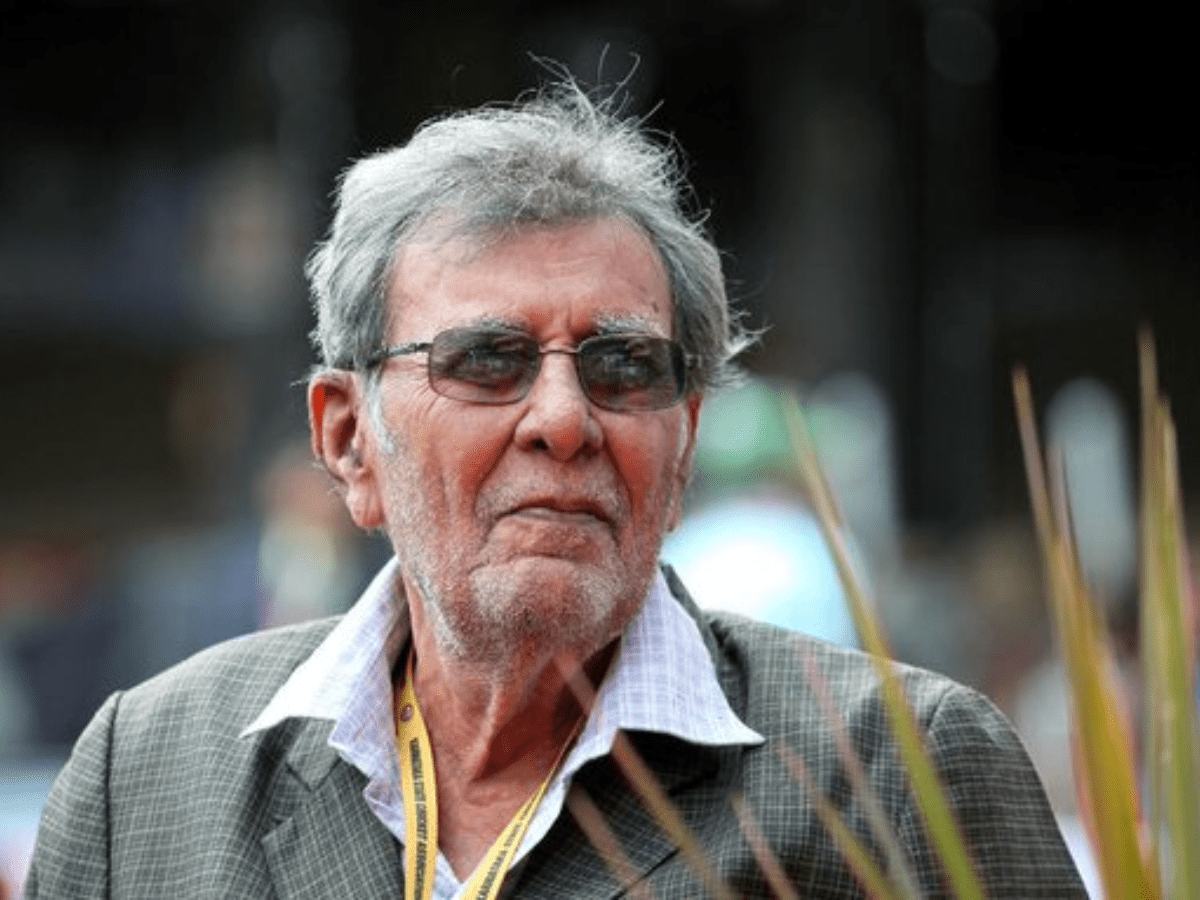
Salim Durani, nicknamed Prince for his six hitting abilities in the 1960s and 1970s, has departed from the field forever. He was a bold and fearless man, always ready for tough battles. This was evident in his game. But his true character was not easily visible to the public. What the fans saw was a tall, slim and handsome man who seemed to have a casual approach to his task. But his teammates and his opponents knew that beneath the calm surface lay a volcano. It could erupt when provoked by a tussle on the cricket field.
One of India’s greatest batsmen Gundappa Viswanath has said that Durani was nothing short of a genius. In his autobiography titled Wrist Assured, Viswanath has written: “Salim bhai was an absolute genius of a cricketer. He was so laid back that to the casual observer he may have seemed lazy. But to watch him in action was exhilarating. I never fancied myself against his left arm spin, he was a killer.”
“Salim bhai’s biggest threat was being bored due to lack of a challenge. But if he wanted to trouble you, he could torture you endlessly. He had a beautiful easy action, all languid grace and total control. He could turn the ball on any surface, anywhere in the world. As a batsman he was attacking and imposing and never ignored demands of six hitting from the spectators.”
Viswanath has also described an incident from the Indian tour of the West Indies in 1971 wherein India recorded a historic series win over the mighty West Indies. In the crucial second Test match, West Indies had scored 150 for one at the end of the third day’s play. That night Salim Durani approached the Indian captain Ajit Wadekar and said: “Captain, if you give me the chance to bowl tomorrow, I promise that I will dismiss at least two players in the West Indies side. The two persons will be Sir Gary Sobers and Clive Lloyd.” This was an astonishing challenge that Durani undertook. Sobers and Lloyd were legends of world cricket. No bowler in the world would ever dream of making such a rash promise.
The next day when play resumed, Roy Fredericks, the dashing West Indies opener was run out after scoring 80. Then Wadekar threw the ball to Durani. At the crease were the famous duo Sobers and Lloyd. They were the backbone of the West Indies team. Wadekar called out to Salim: “Here is the ball. Remember what you promised me last night. Now I expect these two wickets from you.”
Immediately the genius in Salim woke up. As Gary Sobers, the greatest all rounder in the history of cricket faced him, Salim unleashed a superbly pitched delivery which turned sharply and clean bowled the West Indian wizard. Sobers did not have the chance to do anything about it. He was out for zero.
A few minutes later Durani got his second victim, Clive Lloyd. The bespectacled maestro was baffled by a viciously spinning ball and edged it into the hands of skipper Wadekar himself.
Although he must have been overjoyed, Durani did not show it. His behaviour was as if it was an everyday job for him. At the end of the over, Durani was his familiar placid self. He calmly tossed the ball back to Wadekar and said: “Captain, I have done what I had promised. So that’s it. No more bowling for me please.” And he walked off to carry out his duties as a fielder.
The historic victory over the powerful West Indies was a turning point in Indian cricket. It started India’s rise to the top. It also changed the way the world viewed Indian cricket. It gave respect and recognition to India. And Salim Durani had a hand in it. He will always be remembered for that achievement.
After leaving cricket, Durani could have made a full time career in the film industry. He looked every inch like a film hero. Not many people get the chance to act opposite the famous Parveen Babi. He did so in the film Charitra in 1973. He was the first cricketer to win an Arjuna award. He was also awarded the C.K. Nayudu Lifetime Achievement Award by the BCCI in 2011. Cricket lovers will never forget his towering sixes and his talent. You will be sorely missed, Prince…May your soul rest in peace.

